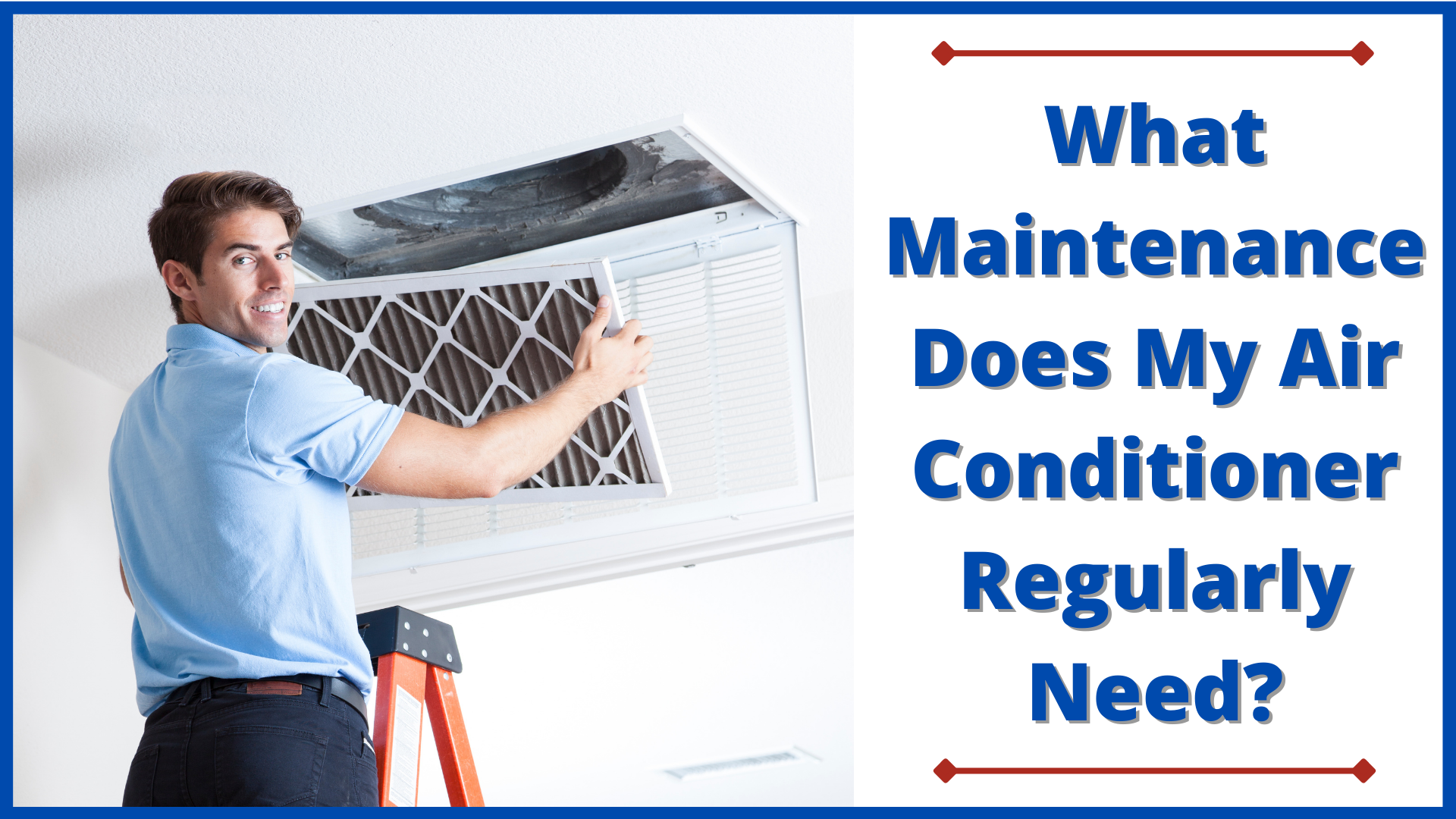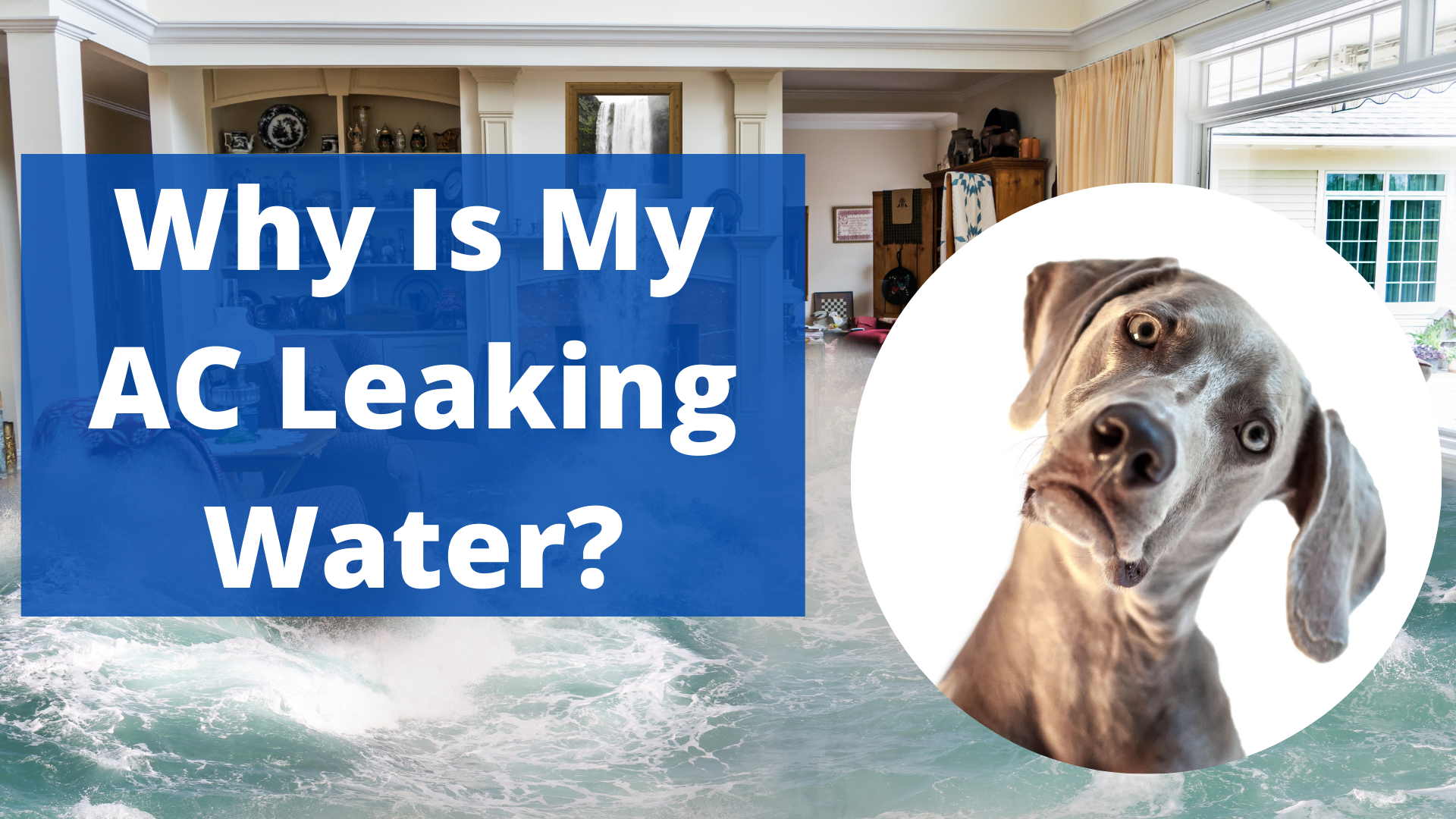Finding the best HVAC repair company may seem like a challenging task. However, hiring an unqualified company to resolve an HVAC problem only creates acute issues. You could end up with a voided equipment warranty because the HVAC repair person was not qualified, licensed, and insured.
So, how do you choose an HVAC repair company?
This post looks at five steps for choosing an HVAC repair company.
1. Make sure they are licensed with the state and insured
When you need an HVAC repair company, you do a background investigation to make sure the company is licensed, bonded, and insured. Unfortunately, many technicians never bother getting insured, but they are the first to convince homeowners that they can repair an HVAC system.
A licensed HVAC contractor has a trade-specific (HVAC) license in compliance with the local and state laws. The license proves that the technical team has passed the competency exam and paid all applicable fees.
Hiring an insured HVAC contractor means you and your home are protected in the event of unforeseen and unfortunate circumstances during the project. Before hiring an HVAC expert, ask to see the certificate of insurance. The certificate should indicate the insurance type and amount. Follow through by calling the insurance company to verify the policy is up to date.

2. Check their online reviews
Checking online reviews is a fast way to find immediate answers to questions relating to hiring an HVAC contractor. Once you get a list of HVAC contractors near me, do some due diligence. Check out reviews on the company’s website and other referral sites like Yelp, Angie’s List, Facebook, and Google.
Checking past reviews helps you see how the HVAC company treated customers and whether they have a bad reputation. Stay away from HVAC companies with a bad online reputation.
3. Ask questions to verify their competency
To determine whether the HVAC contractor suits your needs, ask relevant questions about their experience. Ask how much experience the service technician has and follow up with reviews to verify their claims. Here are some questions to ask a prospective air conditioning company before hiring them for your job.
- Which brands do they carry?
- Do they offer service contracts?
- How many years have they been in service?
- Are they licensed or insured?
- Ask to see local references.
Ideally, the objective is to verify that the HVAC company has a legitimate record and that they are qualified to service your heating, ventilation, and air-cooling equipment.
4. Find out how much they charge for a diagnostic and trip fee.
A professional HVAC repair company must charge a fair market rate. Typically, diagnostic fees cover figuring out the problem causing the HVAC unit to stop working. The cost takes care of time, skills, and tools to diagnose the issue.
The service call fee applies when the HVAC expert has a good idea of what is wrong, while the trip fee covers the cost of visiting your home.
Typically, $69 plus tax should cover a technician with at least five years of experience to come out and diagnose the problem.
Before hiring an HVAC company, they should tell you how much a repair or installation is before completing the task. Remember to factor in a labor rate up to $120/hr.

5. Verify they have proper HVAC tools and installation equipment
The right tools for HVAC repair and installation are essential to ensure the HVAC company does the job right and safely. Before hiring the HVAC company, ask if they provide a tools and training program for employees.
Common HVAC repair and installation tools include digital gauges, testing equipment, pliers, tape measures, crescent wrenches, battery-powered drills, pipe wrenches, multimeters, gloves, safety goggles, flashlights, hammers, screwdrivers, and HVAC specialty tools.
Before hiring an HVAC company, ensure they are equipped with the proper tools for success.

Conclusion
Hiring an HVAC contractor involves a lot of thought and preparation to ensure you make the right decision. Verify the company is licensed, insured, and bonded. Don’t forget to go online to verify they have a good reputation and ask screening questions about their experience.
Do not forget to check their costs and charges, so you do not end up overpaying for HVAC repair.
Finally, ensure the HVAC contractor has the right tools and equipment to complete the job professionally and safely.
At Anthem CV, we are air quality professionals ready to help address your various air-quality issues. Serving the entire Coachella Valley and Riverside County, we provide homeowners with quality advice so they can handle the indoor air quality issue over the long term. Give us a call right now at (760) 895-2621.
























 Key Takeaway: A refrigerant leak, a clogged air filter, or an issue with the drain pan can all be the causes of water leaking from your AC unit. Low refrigerant levels may also result in ice forming on the compressor and dripping onto surfaces beneath it. An HVAC professional should be contacted to inspect and repair any potential issues before they become more serious problems later on.
Key Takeaway: A refrigerant leak, a clogged air filter, or an issue with the drain pan can all be the causes of water leaking from your AC unit. Low refrigerant levels may also result in ice forming on the compressor and dripping onto surfaces beneath it. An HVAC professional should be contacted to inspect and repair any potential issues before they become more serious problems later on.





